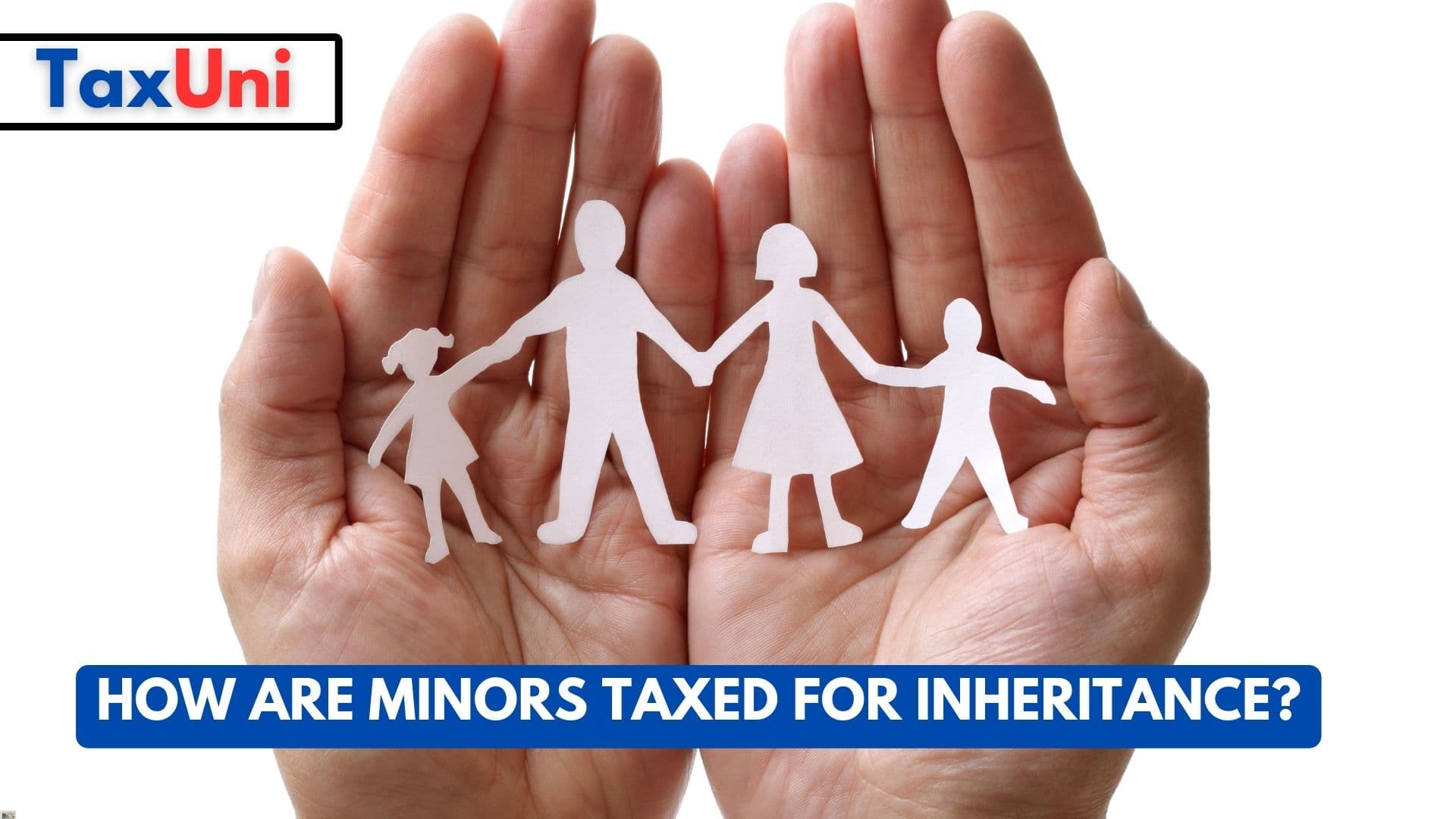How Are Minors Taxed for Inheritance?
Ever wondered how minors are taxed for inheritance? This article unpacks the rules around inheritance taxes for children, explaining what happens when minors inherit money, property, or other assets.

Contents
When minors inherit assets, the question of taxation often arises: How are minors taxed for inheritance? The answer depends on the type of asset they inherit and the applicable tax laws. Generally, minors don’t pay inheritance tax directly; instead, estate taxes are handled by the deceased’s estate before distribution. However, if a minor inherits income-generating assets—like stocks, rental properties, or savings—they may owe income tax on earnings from those assets. Understanding these nuances is crucial to ensure compliance with tax laws and to safeguard the financial future of the minor.
What Happens When Minors Inherit Assets?
Minors can inherit various types of assets, including cash, property, investments, and retirement accounts. Here’s how taxation typically works:
- Estate Taxes: In most cases, the estate pays any applicable federal or state estate taxes before distributing assets to beneficiaries. Minors usually don’t bear this burden directly.
- Inheritance Taxes: Some states impose inheritance taxes on beneficiaries. However, minors often qualify for exemptions or reduced rates depending on their relationship to the deceased (e.g., children or grandchildren).
- Income Taxes: If the inherited asset generates income—such as dividends from stocks or rental income—the minor may be required to pay income tax on those earnings.

Income Tax Rules for Minors
When a minor inherits income-generating assets, they may fall under the “kiddie tax” rules. These rules are designed to prevent parents from shifting income to their children to benefit from lower tax rates. Key points include:
- Unearned Income Threshold: For 2023, unearned income (e.g., dividends or interest) up to $1,250 is tax-free; the next $1,250 is taxed at the child’s rate. Any amount above $2,500 is taxed at the parent’s marginal tax rate.
- Trusts and Custodial Accounts: If assets are held in a trust or custodial account (e.g., UTMA/UGMA), the trust may be responsible for paying taxes on income until the minor reaches adulthood.
Tax Implications of Inheriting Property
If a minor inherits real estate or other property:
- Step-Up in Basis: The property’s value is adjusted to its fair market value at the time of the original owner’s death. This reduces potential capital gains taxes if the property is sold later.
- Property Taxes: The minor (or their guardian) may be responsible for ongoing property taxes.
Retirement Accounts and Minors
Inheriting retirement accounts like IRAs or 401(k)s comes with specific rules:
- Required Minimum Distributions (RMDs): Under the SECURE Act, most beneficiaries—including minors—must withdraw all funds from inherited retirement accounts within 10 years of the account holder’s death. Withdrawals are subject to income tax.
- Special Rules for Minor Children: Minor children of the deceased can stretch distributions over their life expectancy until they reach adulthood; after that, they must follow the 10-year rule.
How Guardians Manage Inherited Assets
Since minors cannot legally manage their own finances, a guardian or trustee is typically appointed to oversee inherited assets until they reach adulthood. This includes filing any necessary tax returns and ensuring compliance with tax laws.

Tips for Reducing Tax Burdens on Minors
- Establish Trusts: Setting up a trust can provide more control over how assets are distributed and taxed.
- Gift Strategically: Lifetime gifts can reduce estate taxes and spread out tax liabilities over time.
- Consult Professionals: Work with an estate planner or tax advisor to navigate complex inheritance laws.
State-Specific Considerations
Tax laws vary widely by state. Some states have no inheritance tax at all, while others impose taxes based on the beneficiary’s relationship to the deceased and the value of the inheritance. Always check your state’s specific rules.
FAQs
Do minors have to pay inheritance taxes?
Usually not directly; most inheritance taxes are paid by the estate or are exempt for close relatives like children.
What is kiddie tax?
Kiddie tax applies to unearned income (like dividends) earned by minors; amounts above $2,500 are taxed at their parent’s rate.





